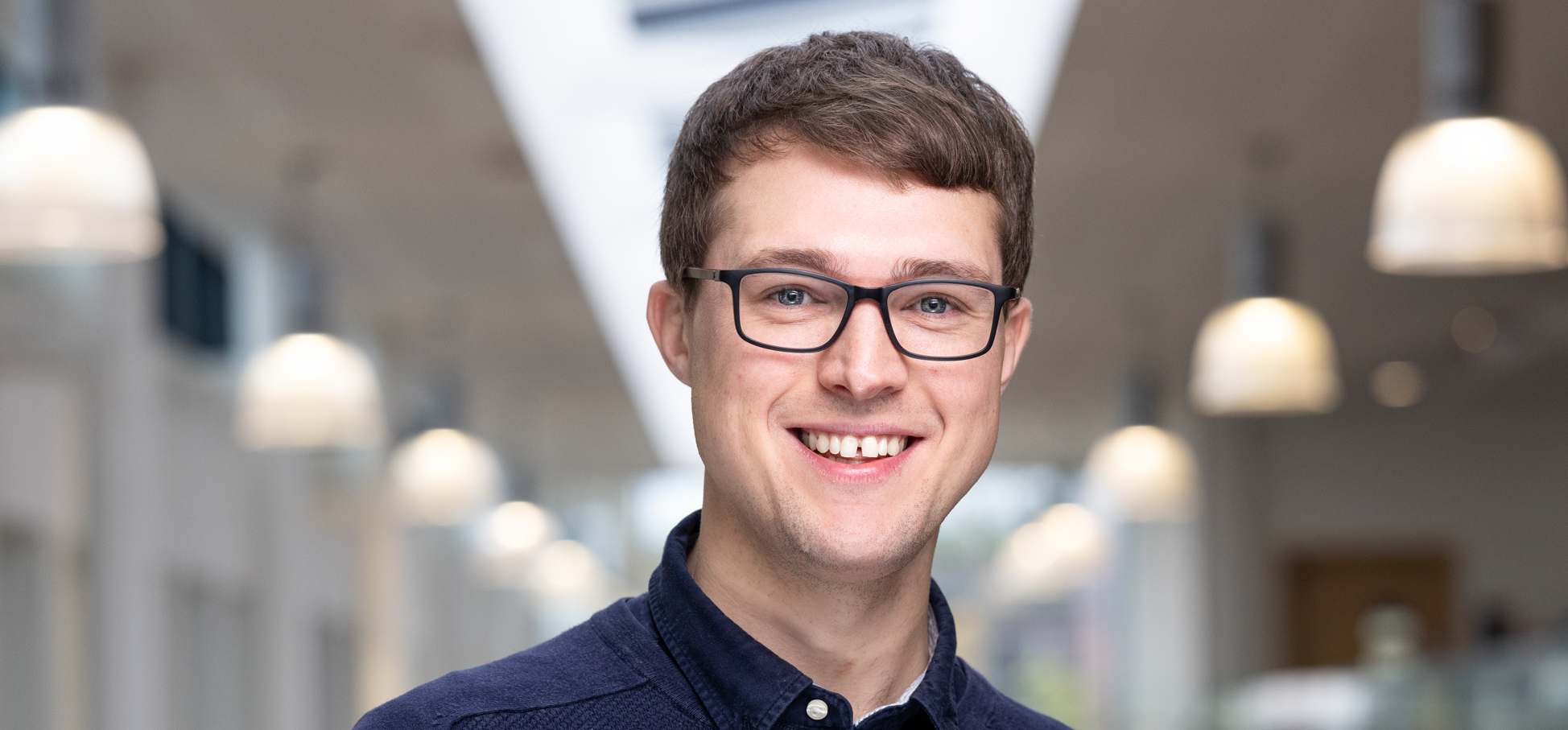Did the Paris 2024 Paralympics spark meaningful change for disabled people? Herts researcher seeks answers in new podcast

The Paris 2024 Paralympic Games has been hailed as a major broadcasting success, delivering 12,941 hours of coverage through 225 Media Rights Holders.
The event also set new standards for participation and performance, welcoming 4,400 athletes from 169 delegations and witnessing 97 world records broken across various sports.
While the Paralympic Games were originally established to provide elite competition for athletes with disabilities, the International Paralympic Committee (IPC) has long promoted a broader vision, positioning the Games as a catalyst for social inclusion and societal change.
The hope is that such a global event can spark social, economic, cultural, and infrastructural improvements benefiting both people with disabilities and wider society.
But has the Paris Games lived up to that vision?
In the latest episode of the Disability Sport Info podcast, Dr Christopher Brown, Senior Lecturer in Sport Development at the School of Health, Medicine and Life Sciences, invited a panel of experts to assess the broader impact of the Games.
Joining him were Dr Ian Brittain of Coventry University, Dr Laura Misener of Western University, Canada, Paralympic powerlifter Ali Jawad, sports journalist Leo McGuinn, and freelance photographer Soody Kim. Together, they explored key aspects such as event accessibility, atmosphere, media coverage, and the Games' sporting legacy.
Interestingly, Paris had initially bid for the 2012 Olympic and Paralympic Games, narrowly losing to London by just four votes (54–50).
Reflecting on that pivotal moment, Dr Brown noted: “The promise of a legacy from the London 2012 Olympic and Paralympic Games was seen as being a crucial factor in swinging the vote London's way. In 2017, Paris was officially confirmed as the host of the 2024 Olympic and Paralympic Games.”
The London 2012 Paralympics has since been widely regarded as the benchmark, particularly for raising public awareness of disability, though its long-term legacy continues to be debated.
According to Dr Brown, Paris 2024’s legacy ambitions were built around three pillars: using sport to improve health, education, and civic engagement, promoting inclusion and solidarity through sport and driving environmental transformation.
But how effective were these ambitions in practice?
Dr Brittain, a leading expert in disability and Paralympic sport, acknowledged the Games' focus on sport and access but raised concerns about the broader city infrastructure.
He highlighted challenges with the Paris Métro line, noting that even elderly locals were struggling.
Dr Brittain said: “I am not disabled, but I flew into Charles de Gaulle (airport), and then had to get to a hotel, taking a suitcase with me. And the number of stairs I had to lug that suitcase up and down… I was completely dog tired by the time I got to my hotel.”
Dr Misener, whose research focuses on how sport and events can be used as instruments of social change, commended the organisers for venue accessibility improvements but agreed that adapting the city's existing infrastructure remains a significant challenge.
Ali Jawad, a four-time Paralympian and silver medallist from Rio 2016, described the stadium atmosphere as “amazing,” but found the transport network “challenging.”
Media representation was another key topic. Leo McGuinn, a sports presenter at the TV news network France 24, pointed out that coverage of disability sport in France was virtually “non-existent” before the Games, underscoring the pivotal role of the Paris 2024 Games.
The city reportedly invested over €120 million to boost accessibility, including upgrades to sports venues, public buildings, and transportation systems.
However, the panel agreed it may be still too early to assess the long-term impact of these investments.
Dr Brittain summed up the cautious optimism, saying: “If… in 20 years’ time, the Paris Métro system has been completely renovated and made 100% accessible - or even 99.9% - then that will be a fantastic legacy from Paris.”
Click to listen to more episodes of the Disability Sport Info podcast or find them on all good podcasting platforms. Learn more about the University of Hertfordshire’s sport degree courses. The University has now opened its Clearing pages for people to learn more about the courses that interest them.